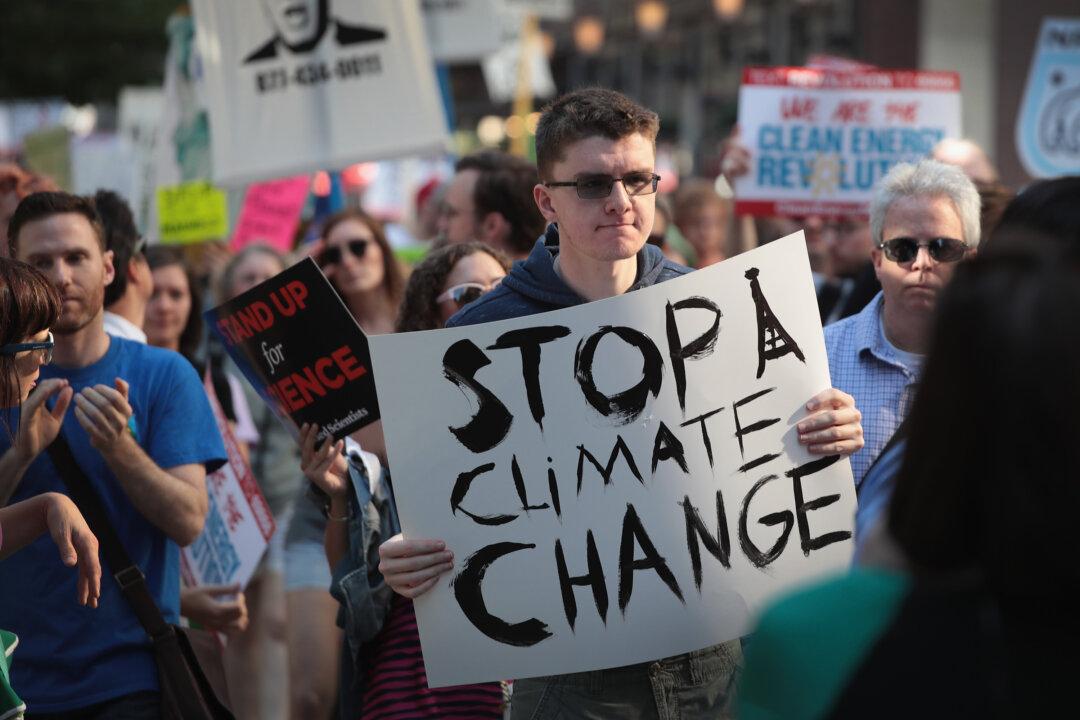News Analysis
Almost 27 years after the United Nations adopted the U.N. Framework Convention on Climate Change (UNFCCC), many scientists now say there is no crisis caused by climate change.

Almost 27 years after the United Nations adopted the U.N. Framework Convention on Climate Change (UNFCCC), many scientists now say there is no crisis caused by climate change.